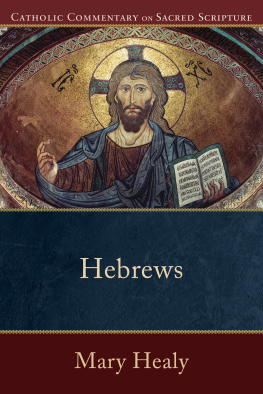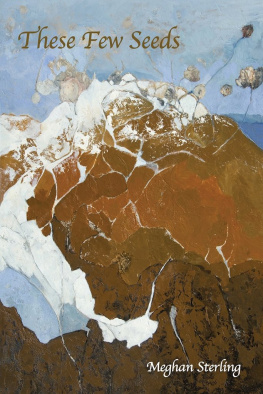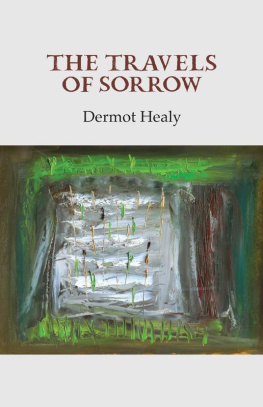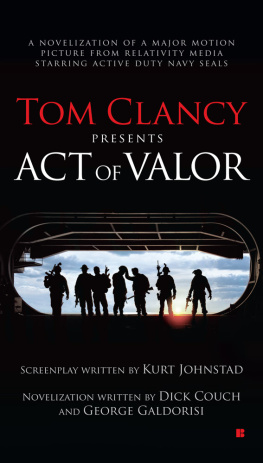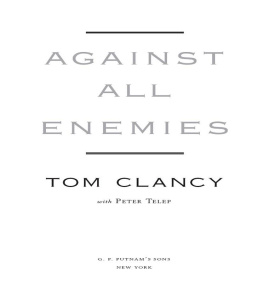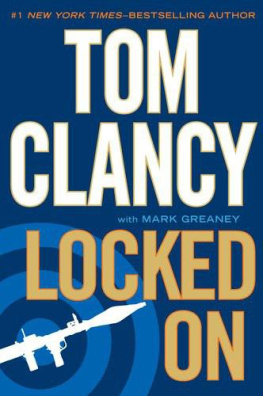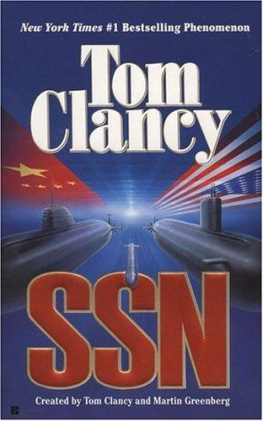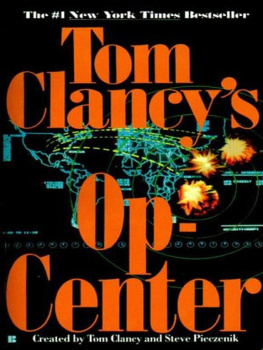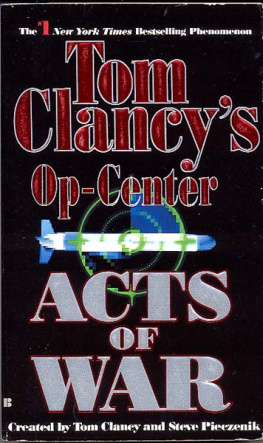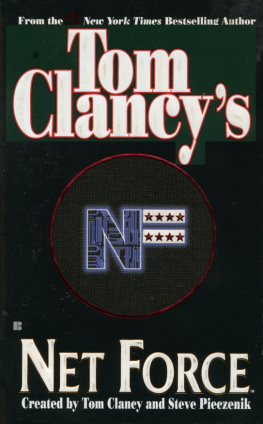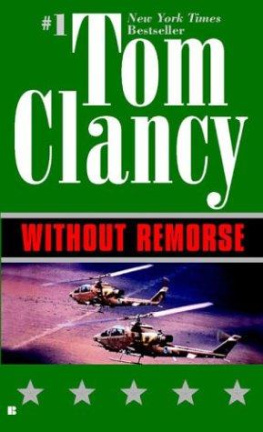University of Virginia Press
Originally published in 2013 by the University of KwaZulu-Natal Press
2013 by Meghan Healy-Clancy
All rights reserved. No part of this book may be reproduced or transmitted in any form or by any electronic or mechanical means, including photocopying and recording, or by any other information storage or retrieval system, without prior permission in writing from the University of KwaZulu-Natal Press.
Printed in the United States of America on acid-free paper
First University of Virginia Press edition published 2014
ISBN 978-0-8139-3608-6
9 8 7 6 5 4 3 2 1
Library of Congress Cataloging-in-Publication Data is available from the Library of Congress.
On Terminology and Orthography
Racial terminology presents manifold problems when writing after and when attempting to write ourselves out of apartheid. While some scholars have tried to minimise their use of such terminology as a protest against its persistent racialising logic, I use the terms African, black and white in order to analyse most fully a nation whose past was shaped by these social categories and which (like the United States) has plainly not become post-racial after the dismantling of legal regimes of racial inequality. I employ the term African to refer to those South Africans classified as Native or Bantu by colonial and apartheid officials. When I use the term black, I refer to all South Africans historically classified as Non-European or Non-White including those classified as African, Coloured, Asiatic or Indian. When applied to South Africans, the term white refers to those historically classified as European or White. I refer to black Americans and African Americans interchangeably. I also refer to white Americans on occasion, but because the vast majority of the missionaries herein were white, this is less often specified.
Orthography presents problems that are less political than logistical. IsiZulu orthography changed over the period that this study covers, meaning that the names of certain individuals have been variously spelt over the course of their lives in published and archival materials. I have used the spelling that individuals used themselves in personal correspondence or publications as adults.
Acknowledgements
As a close reader of acknowledgement pages, I have learned that writing good history hinges on having good friendships. I can only hope that this study is as rich as the intellectual comradeship that went into it.
First, the women and men affiliated with Inanda Seminary, past and present, gave life to this project. Their contributions interviews and archival materials, gathered from Connecticut to Cape Town are evident throughout its pages. Thanks to my interviewees Roger Aylard, Thuthula Balfour-Kaipa, Lindiwe Baloyi, Nomangcobo Bhengu, Mwelela Cele, Mabel Christofersen, Carohn Cornell, Bongi Dlomo, Thandeka Dloti, B.K. Dludla, Pam Dube, Melodious Gumede, Andile Hawes, Carroll Jacobs, Nonhlanhla Khumalo, Cecilia Khuzwayo, Siphokazi Koyana, Constance Koza, Khanyisile Kweyama, Lungi Kwitshana, Nomsa Makhoba, Gloria Malindi, Nozizwe Maneli, Dorcas Meyiwa, Ntombi Mngomezulu, Khosi Mpanza, Rudo Mphasane, Thembi Msane, Vuyo Ncwaiba, Lauretta Ngcobo, Mamsie Ntshangase, Ndo Nyembezi, Faith Nyongo, Karen Roy-Guglielmi, Esther Sangweni, Caroline Sililo, Darlene Woodburn, Kho Zimu, Dumi Zondi, Thembekile Zondi and Mandisa Zungu. Special thanks to Inandas former principal Dumi Zondi, who first provided me with access to Inandas wide-ranging collection of archival materials and who contextualised these materials with his knowledge of the schools past. Thanks as well to Inandas principal Judy Tate, chaplain Susan Valiquette and development manager Scott Couper. They have been unwaveringly supportive of my research without attempting to direct my research agenda a rare and wonderful combination for a historian. Scott has also been a stimulating and dedicated colleague, despite his hectic schedule.
This book came out of my 2011 Harvard University doctoral dissertation in African Studies. Thanks to my advisor, Emmanuel Akyeampong, who patiently worked to rein in my verbosity, to curtail my descents into narrative history and to tease out my embedded arguments and who first observed that the core tensions I was describing were tensions over social reproduction. My other Harvard committee members, Caroline Elkins and Evelyn Higginbotham, helped me see the bigger picture beyond Inanda Seminary, South Africa, and the African continent that my musings on the politics of social reproduction illuminate. Through Carrie and Evelyns mentorship, I had the privilege to become a part of the other pillars of African Studies at Harvard, the Committee on African Studies and the Du Bois Institute for African and African American Research. Thanks to the support of the Institutes Director, Henry Louis Gates, Jr, and Executive Director Vera Grant, I benefited from the collegial support of my fellow Du Bois Fellows, as well as from the intrepid research assistance of Emily Jendzejec and Yvette Ramirez. As a postgraduate and now as a lecturer at Harvard, I have benefited from conversations with many other wonderful colleagues and students, particularly Sibusisiwe Khuluse, Matthew Kustenbauder, Margot Leger, Daniel Liss, Carla Martin, Erin Mosely, Amber Moulton and Zolisa Shokane. Jeanne Follansbee and Anya Bernstein Bassett have made the Committees on Degrees in History and Literature and in Social Studies ideal places for me to research and teach.
I conducted research for this project between 2007 and 2010 at a most fascinating time in South Africa, and in the company of scholars who have become some of my favourite people in the world. Thanks to Nonhlanhla Mbeje and colleagues in the Fulbright-Hays Zulu Group Program Abroad in Pietermaritzburg, who laboured to teach isiZulu to this wooden-tongued American and who introduced me to KwaZulu-Natal in the cold southern winter of 2007. When I returned to Durban on a Harvard grant between September 2008 and June 2009, I was fortunate to undertake much of my research at the Campbell Collections of the University of KwaZulu-Natal, where I met my dear friend Mwelela Cele the consummate librarian, with incredible knowledge of and passion for South African history. It is fitting that we first bonded over our enthusiasm for the work of Mark Gevisser and Shula Marks, as Mwelela has taught me much about the power of biography as history. I was also privileged to be affiliated with the Department of Historical Studies at the University of KwaZulu-Natal in Durban, during the brilliant Catherine Burns tenure at the helm of its History and African Studies Seminar. Through this seminar, I met Jason Hickel and Jeff Guy. Many of the best ideas in this thesis particularly around domesticity and state power came out of conversations with Jason over cappuccino or pinotage. With great patience for my historians obsession with detail, he asked hard questions of my project as it unfolded, which tricked me into theorising; he has been a wonderful friend to me and to this project. During my academic year in Durban and since, Jeff has been an ideal mentor and friend: he understood the value of my project before I did, and he continuously reminded me of the value of institutional history for unearthing continuities underlying seismic socio-political changes. His model of unmitigated intellectual curiosity and committed scholarship is one that I will always work to emulate. Jeff invited me to join his Tradition, Authority and Power (TAP) research group, where I had the privilege to work with other extraordinary colleagues. Eva Jackson is a bona fide rock star, activist and very smart historian. We have had many fabulous conversations about the relationships between womens power and marginality, which have shaped this project and my future research trajectory significantly. Percy Ngonyama, Mark Hunter and visiting researchers involved with TAP deeply stimulated my thinking about these concepts in KwaZulu-Natal, and beyond. Rochelle Burgess, Adriaan Diederichs, Xolani Dube, Paul and Maggie McIlroy, Scott Naysmith and Clara Rubincam also made living in Durban fun.



